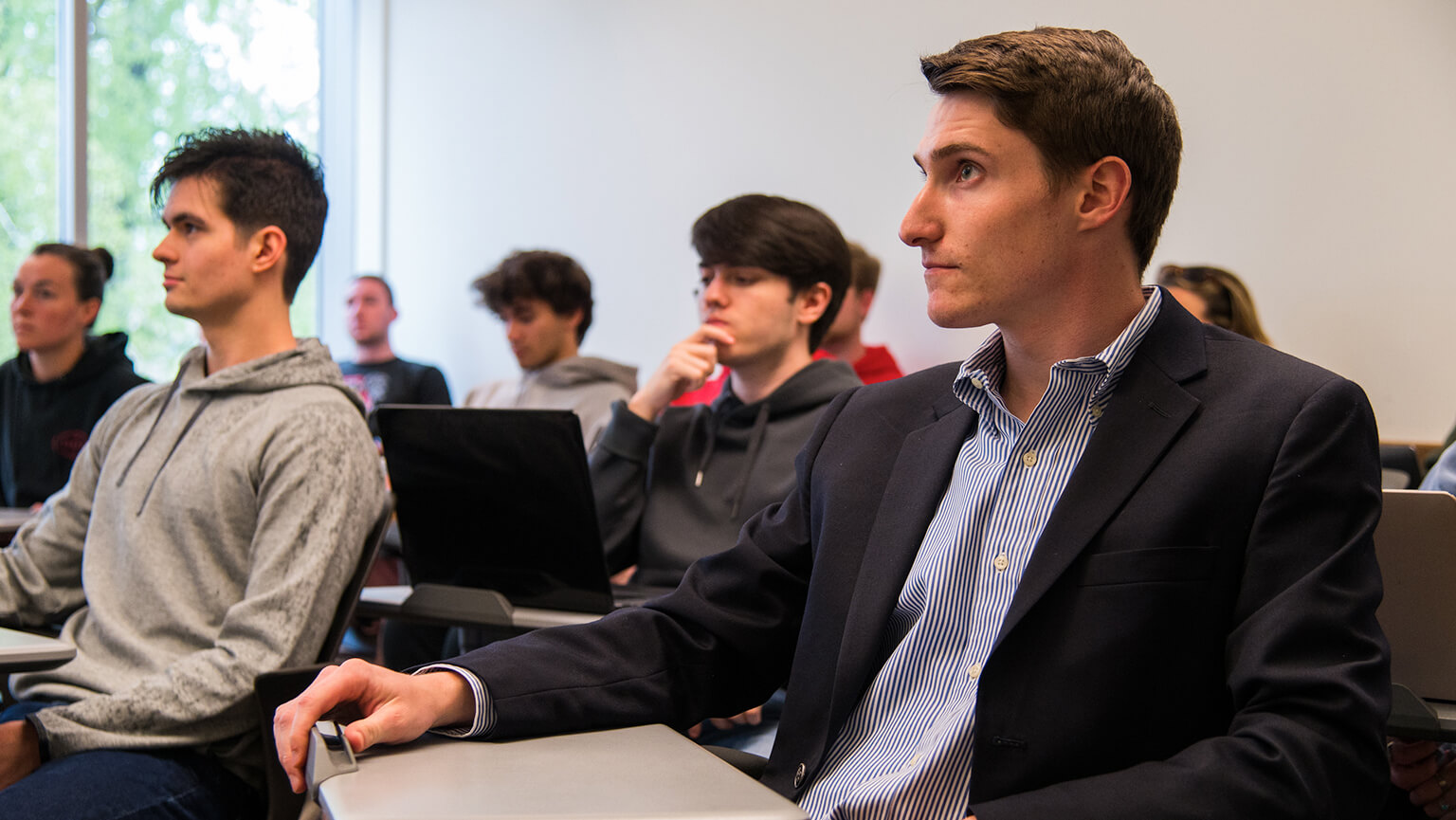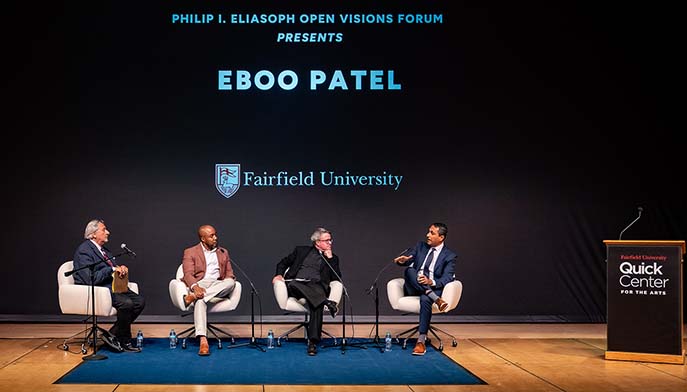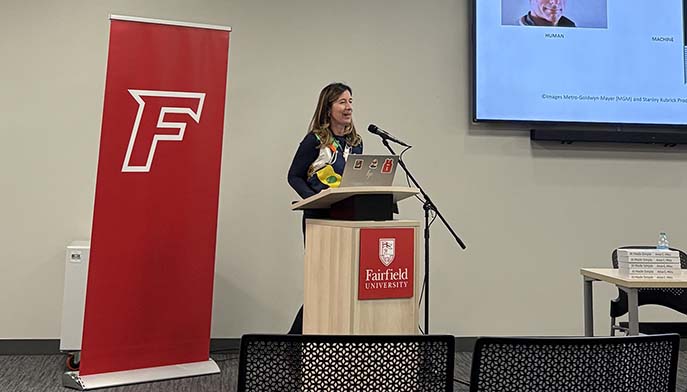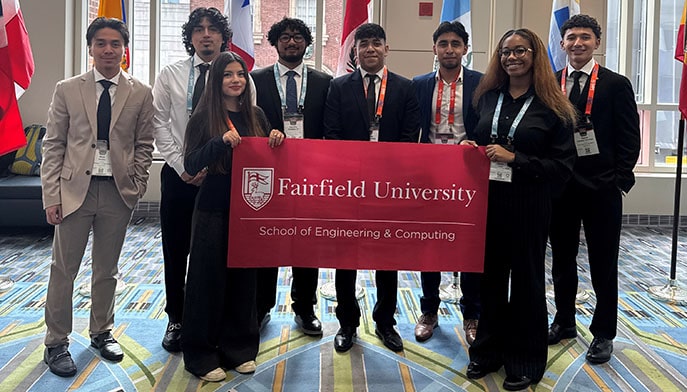Funding from the National Science Foundation (NSF) will support Dr. Demers’ study of nonuniformly hyperbolic and extended dynamical systems.
The National Science Foundation (NSF) has awarded a $242,456 project grant through its Mathematical and Physical Sciences (MPS) program to Mark Demers, PhD, professor of mathematics and a leading researcher in the College of Arts & Sciences. This grant will support research on nonuniformly hyperbolic and extended dynamical systems over a three-year period, from September 2024 to August 2027.
In addition to its scientific objectives, the grant will support undergraduate involvement in mathematics research, emphasizing the recruitment of students from underrepresented groups. Participants will engage in meaningful research projects, with planned outcomes including publications and student presentations at regional and national meetings.
Dr. Demers will investigate the properties of chaotic dynamical systems that are out of equilibrium, due either to the presence of external forces or to the escape or exchange of mass or energy. Traditional dynamical systems focus on closed systems in which the dynamics are self-contained. When such global information is not available, it becomes necessary to study local systems influenced by external dynamics, possibly on different spatial or temporal scales.
The research problems are motivated by models from statistical mechanics which seek to understand the complexities of energy transport and diffusion in large-scale interacting particle systems.
Dr. Demers plans to leverage several innovative analytical techniques developed for these systems, including the spectral decomposition of transfer operators and constructions of Markov extensions, ensuring broad applicability across diverse nonuniformly hyperbolic and physically relevant systems.
This award aligns with the NSF’s mission to promote the progress of science while integrating research and education. The implications of this research extend beyond mathematics, influencing areas within physics and enhancing our comprehension of complex dynamical behaviors.




